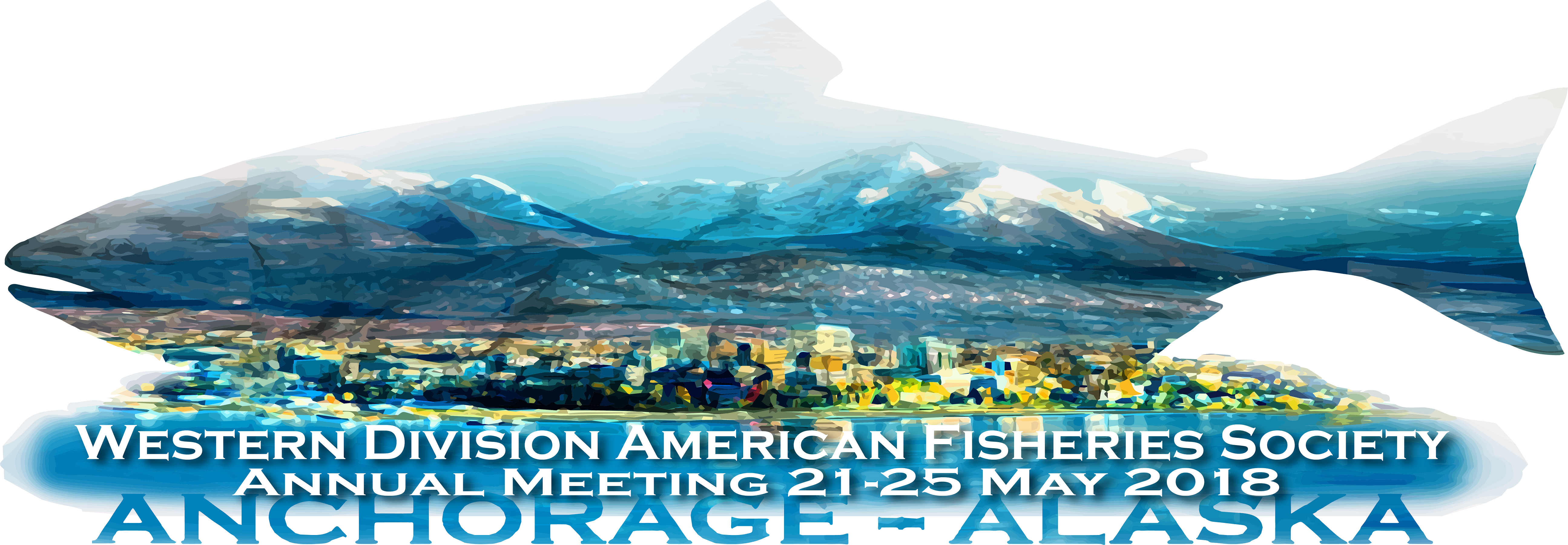Marine-Derived Nutrients

A compelling narrative exists about the ecological importance of marine-derived nutrients and energy (MDN) in coastal watersheds. From their roles as prey for terrestrial and aquatic wildlife, to their importance as subsidies of productivity-limiting nutrients, a complex story is often told about how broadly important salmon are to freshwater and riparian ecosystems. Research quantifying the ecological roles of salmon has proliferated over the last two decades, yet there remains distinct confusion in the literature about how important MDN are to the productivity and dynamics of coastal watersheds and to salmon populations. We need to ask when, where, how, and to whom MDN are important. At present there is little scientific agreement about the answers to these questions, though the story about salmon as universally important to coastal ecosystems persists in the public and conservation communities.
The purpose of this symposium, to be held at the annual meeting of the Western Division of the American Fisheries Society (Anchorage, Alaska, May 21-25, 2018) is to take stock of what we know and don’t know about the importance of MDN in coastal watersheds. Which parts of the MDN narrative are supported by data? What information is most important for management and conservation? What are the remaining uncertainties? Which parts of the salmon-nutrient narrative need rewriting.
